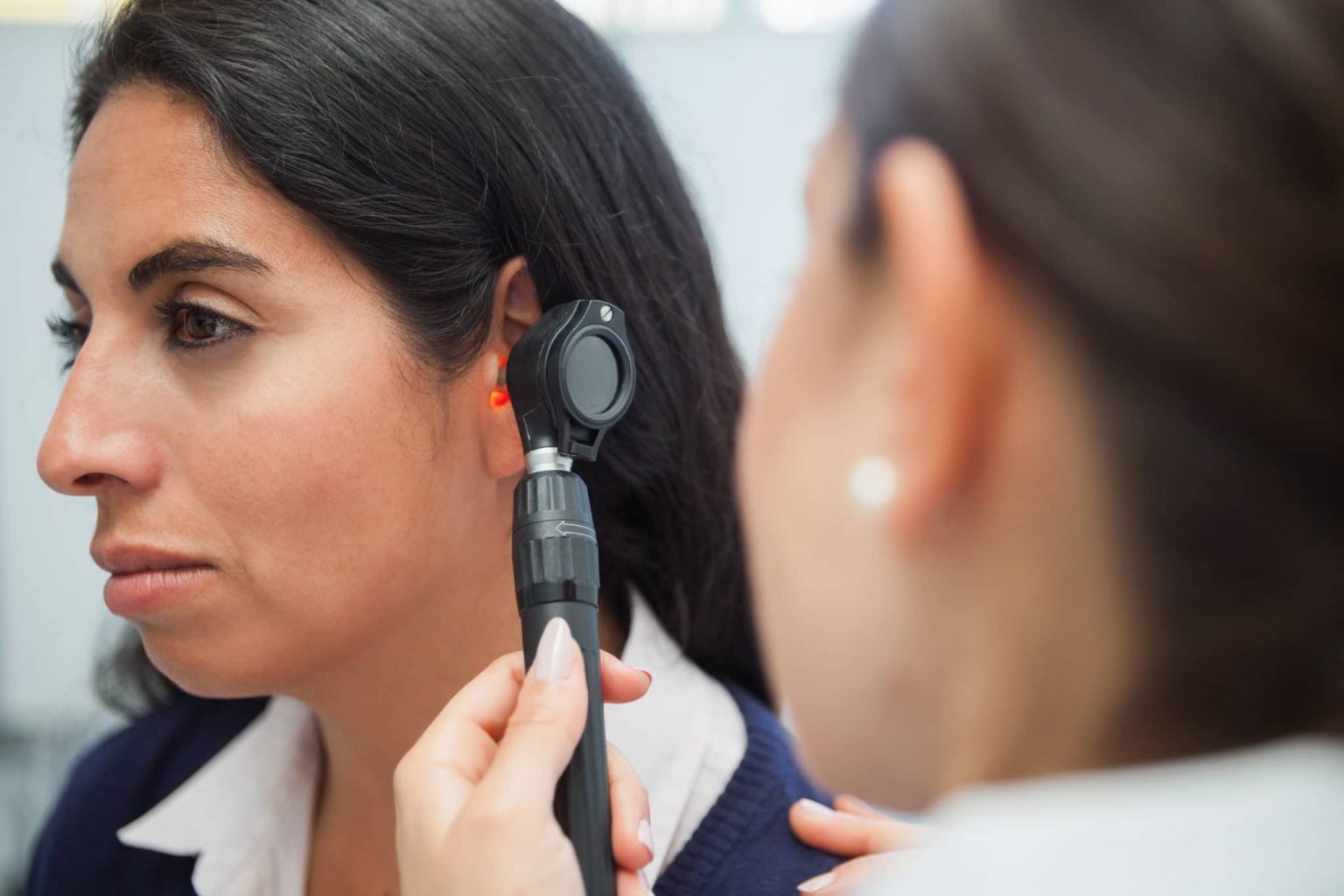What Is an Acoustic Neuroma?

An acoustic neuroma (also known as vestibular schwannoma, acoustic neurilemoma, or acoustic neurinoma) is a benign tumor of the vestibular nerve, which connects the inner ear and the brain.
Though noncancerous and typically slow-growing, acoustic neuromas can affect both hearing and balance and may cause hearing loss, tinnitus, and balance loss. In rare cases, tumors may become large enough to press against the brain, interfering with vital processes and even leading to death.
Types of Acoustic Neuroma
Unilateral acoustic neuroma. This type is the most common and affects just one ear and most commonly develops in people who are 30 to 60 years of age. Unilateral acoustic neuromas result from environmental factors, and although a direct cause is often unclear, past radiation to exposure to the head is a known risk factor.
Bilateral acoustic neuroma. A small percentage of acoustic neuromas result from an inherited disorder called neurofibromatosis type II (NF2), associated with a malfunctioning gene on chromosome 22. This genetic disorder often causes benign tumors to develop on the balance nerves on both sides of the head.
What Causes Acoustic Neuromas?
More often than not, acoustic neuromas are classified as sporadic, meaning their exact cause is unknown. There is some evidence of a connection between exposure to low-dose radiation of the head and neck during childhood and acoustic neuromas development.
There are no known risk factors for acoustic neuromas other than having a parent with NF2. If this is the case, children have a 50 percent chance of inheriting the condition themselves.
What Are the Symptoms of Acoustic Neuromas?
Because acoustic neuromas usually grow slowly, early symptoms may be difficult to spot. You may notice a gradual hearing loss and may have tinnitus.
If the tumor continues to grow, additional symptoms are likely to develop. These include:
- Dizziness and vertigo
- Facial numbness and weakness
- A tingling sensation in the face
- Changes in taste
- Hoarseness
- Difficulty swallowing
- Headaches and confusion
Early diagnosis and treatment can help prevent more serious symptoms.
What Is the Risk of an Untreated Acoustic Neuroma?
When these tumors go untreated, they can grow. If there is no more room to grow in the ear canal, the tumor may enter into the skull cavity and put pressure on the brainstem. This can cause neurological disorders and may be fatal.
How Are Acoustic Neuromas Diagnosed?
Your otolaryngologist will typically diagnose an acoustic neuroma by reviewing your symptoms in conjunction with a hearing test and imaging scans (CT or MRI). Because tumor growth is usually slow, your doctor may simply monitor the tumor’s progress over time, especially when few symptoms are present. Regular imaging tests every six to 12 months can track any growth.
What Is the Most Common Treatment Option?
Surgery may be an option for tumors that are growing or causing symptoms. Gamma Knife radiosurgery delivers radiation without the need for an incision, but results can take a long time.
Call Cape Fear Otolaryngology at (910) 323-9222 for our Fayetteville location or (910) 225-4510 for our Lumberton location for more information or to schedule an appointment.